In his book The Game Changer, Dr Jason Fox says that a game is anything that has goals, rules, and feedback. A good game balances all three of these against one another, to make an experience that can be so good it can be addicting.

Work is often the opposite. Unclear goals, arbitrary rules, and confusing feedback (if there is any feedback, at all) can lead us to resent our work, procrastinate doing it, and only contribute the minimal effort required to stay on the job.
But work doesn’t have to be that way. You don’t play games that way. If you can gamify your work, there are a myriad of personal and professional benefits.
According to research by Dr Paulette Guitard, she found that play helps adults:
- Find original solutions to problems
- Confront difficulties
- Accept failure
- Develop and enhance their ability to perform occupations
These are qualities that many organizations want to encourage in their team. Handling hard problems is a difficult skill to teach; but with play, we have a low-stakes opportunity to practice potential solutions.
Before working on a project, try playing with it. Get together with your team, and make believe. Assign your role in the project to someone else, and have everyone trade jobs. Spend a half-hour improvising what could go wrong, and how you would handle those problems, and you will discover solutions that make the project more effective, and more fun.
Gamify Your Workday
Making hard work into a good time only takes a shift in perspective. If you can make your work more enjoyable, you will increase your capacity, curiosity, and creativity, which will inevitably improve your performance.
Felicia Day shared a story in her memoir You’re Never Weird On The Internet about being addicted to World of Warcraft.
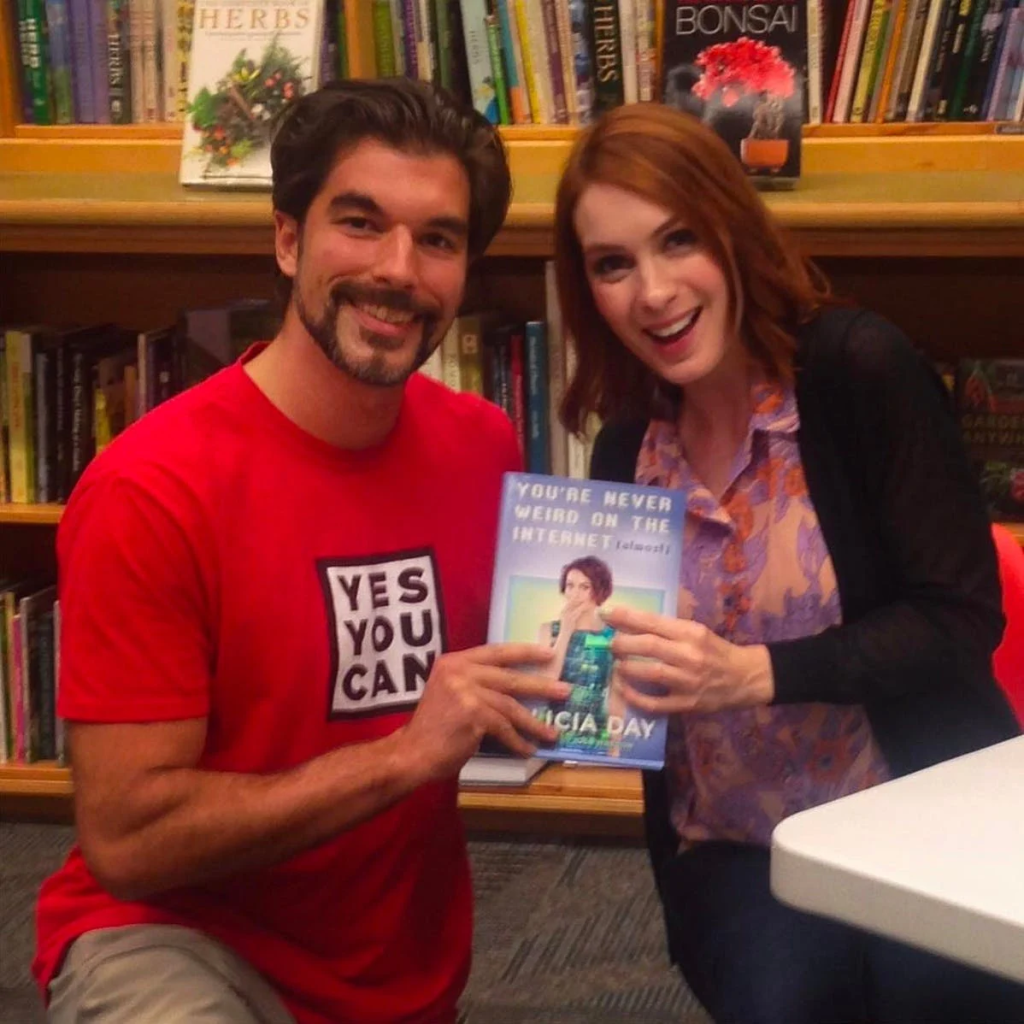
Felicia Day’s 2017 book tour
The character she played in the MMORPG (massively multi-player online role-playing game) was the potionmaster for her gaming guild. This position of responsibility in her community required her to collect exotic ingredients for all the potions her team needed for big battles.
She would have to travel all over the huge map to collect everything she needed, and it took her 3-4 hours per day. She happily endured a daily commute, in a computer game for no pay, because it was fun.
How could you turn your chores into games?
Working harder is not smarter
Something I’ve noticed in my own life, and in the lives of my coaching clients, is that improved performance almost never correlates with an increase in effort.
Articulating clear goals, establishing the right rules, and setting up a system for dynamic feedback – making the work you do into a game you can play – helps you work smarter, instead of harder.
Play improves your attention, increases innovation, and gives you the resilience needed to solve hard problems. I’d rather enjoy what I’m doing, instead of force myself to do something I don’t want to do, wouldn’t you?
This article is an excerpt from my next book, Playful Productivity. To get notified when it’s ready, sign up for the wait list here.
If you want to learn some practical techniques for turning boring work into fun games, I invite you to attend my next virtual masterclass:
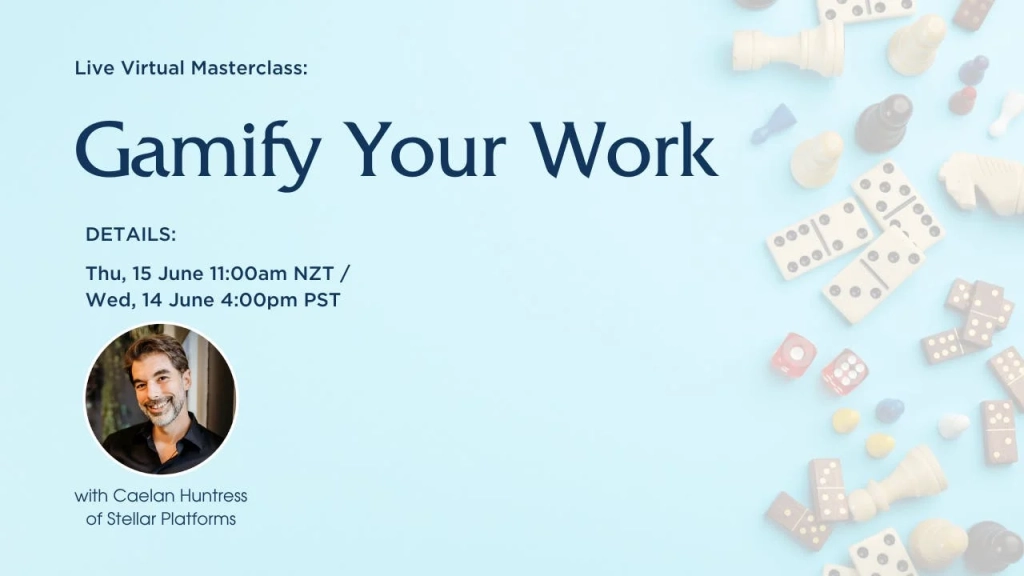
In this interactive Zoom webinar, you will:
- Learn how to turn boring work into gamified experiences
- Play 3 simple games that beat burnout and improve collaboration
- Create incentive structures that improve your performance
Thursday, 15 June // Wednesday, June 14th
9am AEDT / 11am NZDT // 4pm PST / 5pm EST
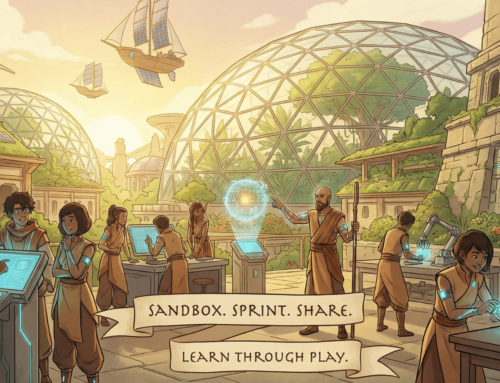
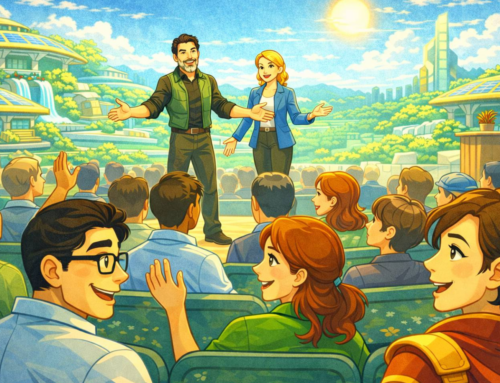
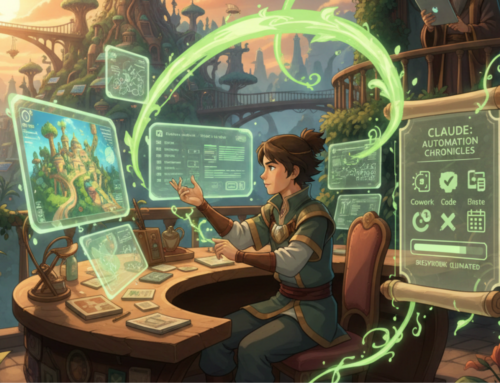


Leave A Comment